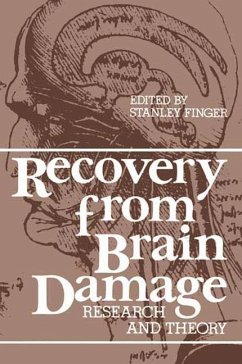It has long been recognized that damage to the mammalian central nervous system may be followed by behavioral recovery, but only re cently has close attention been directed to specific factors which may enhance or retard restitution. This is evident in the rapidly growing number of journal articles and scientific paper sessions dealing with "recovery of function," as well as in the publicity given by the popular press to some of the findings in this field. The present text seeks to examine the foundations of brain lesion research, to review recent material on a number of factors which ap pear to contribute to recovery after brain damage, and to present mod els which have been proposed to account for these effects. In order to best accomplish these goals, a number of key workers in these areas were asked to examine and describe research literatures dealing with specific problems or methodological manipulations associated with brain damage and behavior, using their own experiments and those of others to illustrate important points. In addition, significant interpre tive and theoretical issues were to be evaluated in each chapter.
Hinweis: Dieser Artikel kann nur an eine deutsche Lieferadresse ausgeliefert werden.
Hinweis: Dieser Artikel kann nur an eine deutsche Lieferadresse ausgeliefert werden.








